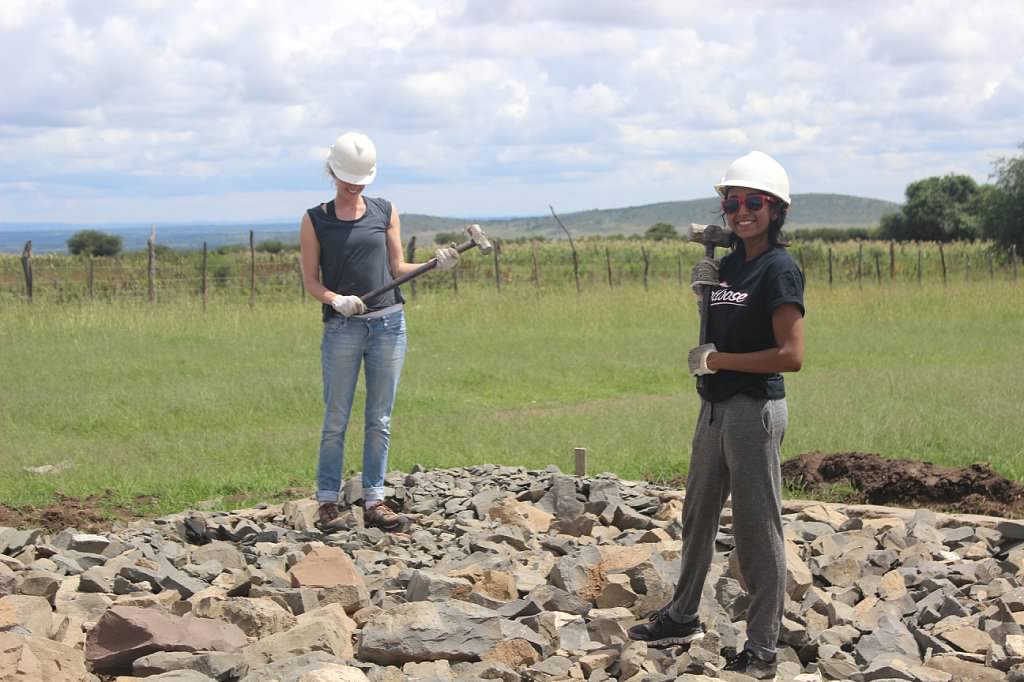 The paradigm to which I most identify with is Interpretive. I hold the belief that reality is subjective. There is not one solid set of answers as reality is individually constructed. Everyone is entitled to their own opinion, and each opinion can shed light on a given topic. Experiences form who we are and how we think; therefore, individual knowledge is constantly evolving.
The paradigm to which I most identify with is Interpretive. I hold the belief that reality is subjective. There is not one solid set of answers as reality is individually constructed. Everyone is entitled to their own opinion, and each opinion can shed light on a given topic. Experiences form who we are and how we think; therefore, individual knowledge is constantly evolving.
As a student studying Liberal Arts, my studies often lead me away from the scientific paradigm. Liberal Arts electives are mainly taught through an interpretive and/or critical view. My exposure to the scientific and critical paradigms are also quite limited as I am only at the beginning of my academic journey.
The interpretive approach was heavily relied on in Liberal Studies 100. Within this course we wrote multiple reflection pieces regarding sustainability. We were able to do our own research and make our own opinions on various topics. This class also allowed us to acknowledge differing views by looking at the portfolios of our peers.
This past May I had the privilege to go on a volunteer trip to Kenya. During the trip we assisted in the construction of schools and taught children English. Major reflection took place after the trip. I learned not only about another culture but also about myself. I discovered that I love to travel. I also realized how much more valuable experiences are opposed to material items. Every experience is something to learn and grow from. It is up to the person within the experience to interpret the situation and make their own findings. This follows the interpretive paradigm as knowledge is constructed by an individual’s reality. My time in Kenya allowed me to put the interpretive paradigm into action by observing a culture first hand and enabling me to form my own opinions.
During my time in University I plan on studying abroad. Recently I applied to go on a study abroad to Japan. If I am selected to go to Japan I would like to take an interpretive approach to the experience. I want to understand the differing social norms and values between the people of Japan and Canada. I will do this by inserting myself into the culture. I will also observe , make connections, and ask questions regarding the Japanese lifestyle. Interpretive methodology will be used within my research as my studies will be directed at understanding individual perspectives. I will also be subjectively investigating the interaction among individuals, all the while keeping in mind the cultural contexts in which the people inhabit.
Currently I possess an interpretive mindset, but my goal is to master a critical world view. An interpretive thinker explains and defines issues. As a critical thinker one not only addresses the issues, but also proposes solutions and takes actions that encourage change. The critical paradigm is one I have yet to master but will continuously aim to develop as I go to university.